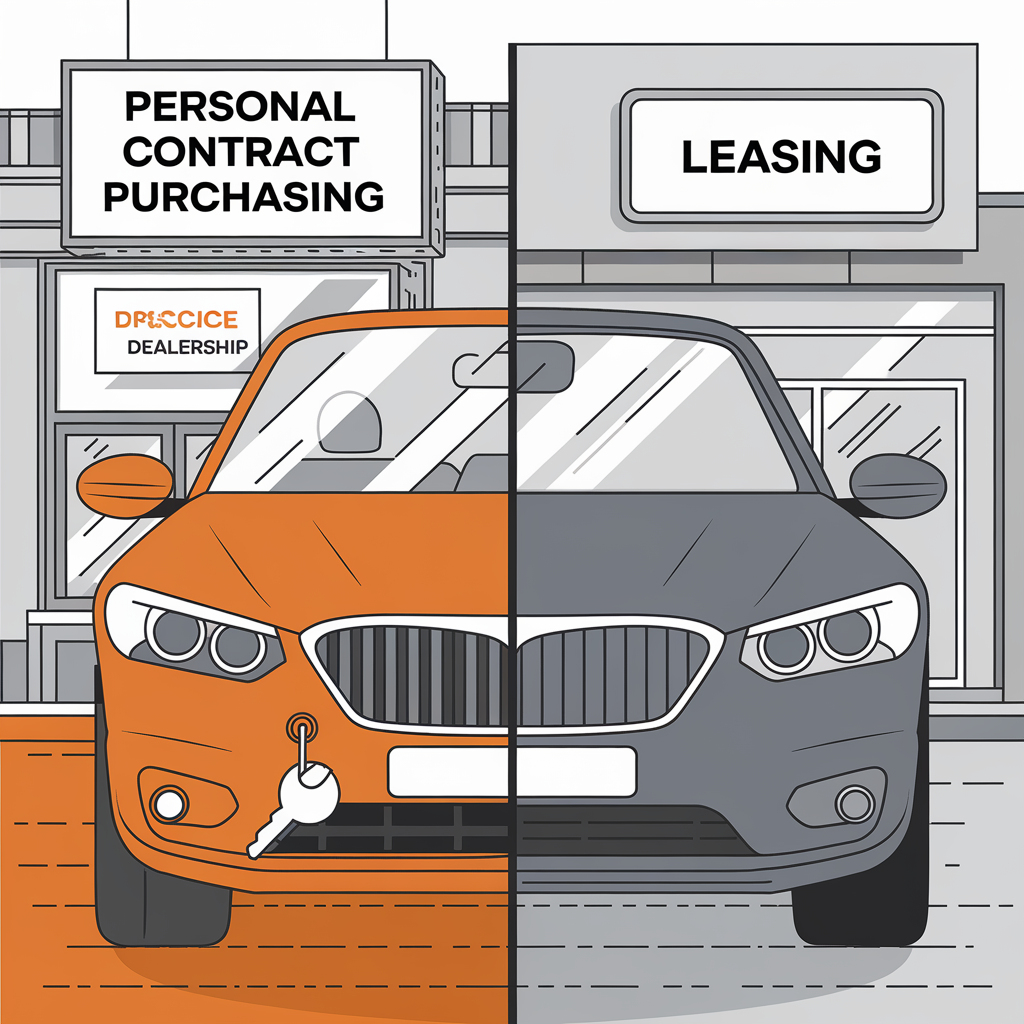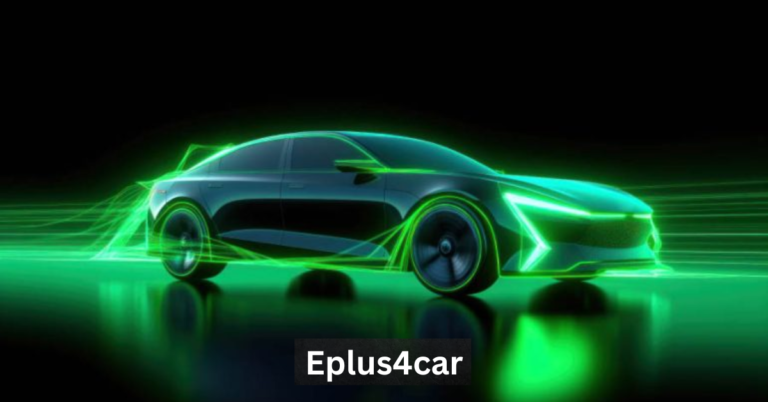Personal Contract Purchasing vs Leasing: Which is Right for Me?
PCP. Leasing. Both options can potentially be good choices if you don’t want to purchase your new car outright. However, making this choice can seem difficult in many cases. In line with this thought, today, we’re looking at the differences between leasing and personal contract purchasing. Hopefully, this will allow you to decide which is right for you.
What are Personal Contract Purchases and Leasing?
Before we begin looking at the pros and cons of each, we first need to consider what these options are. Both leasing and personal contract purchases offer a different optional to simply buying outright, making them often popular.
Now, most people are likely familiar with the concept of a personal contract purchase. With these plans, you place a deposit on your chosen vehicle, then pay monthly in the interim. After this monthly payment period, you’ll generally then pay a single lump sum to pay off the remainder of the car’s value.
Leasing is different. While you’ll still pay monthly on leased cars, these don’t come with an option to buy them outright after. This can potentially be beneficial for many people, but it’s not always ideal.
Which is Right for Me?
There’s no simple way to say which option of the two will work best for you. After all, while both include monthly payments, they are effectively very different concepts.
The main difference lies in what happens to the vehicle once your plan finishes. With a leased vehicle, the car returns to the leasing company after its term. This can offer benefits, of course. Notably, it allows you to continually change up your car, giving you a new vehicle every few years. Plus, you don’t have to pay a deposit usually, which makes this easier to afford than saving up thousands first.
But what if you’ve fallen in love with your car? Well, this is where personal contract purchases are handy. With these, after the monthly payment term, you buy the car in full; this allows you to keep the car, while also meaning you’ve got something to show at the end of it. In contrast, with a leased vehicle, you’ll have nothing to keep hold of after it’s up. Better still, most PCPs allow you to return the car if you’re not happy (per contract terms), keeping options open.
Overall, it’s easy to see that both options offer pros and cons. As a result, it’s crucial to weigh these up carefully before buying. In either case, though, always double check the car you’re leasing or purchasing is genuine, especially if it’s second-hand. Luckily, carrying out a vehicle check offers a simple solution to this end, allowing you to buy more safely.
Final Thoughts
If you have been looking for a new vehicle, there are many options you could consider. As part of this, deciding between personal contract purchases and leasing is an important choice. Alas, this may not always feel easy. Nevertheless, there is no simple answer here, and both options offer pros and cons. As such, once you’ve found your ideal new car, knowing which option will best suit you is hard – albeit not impossible.






